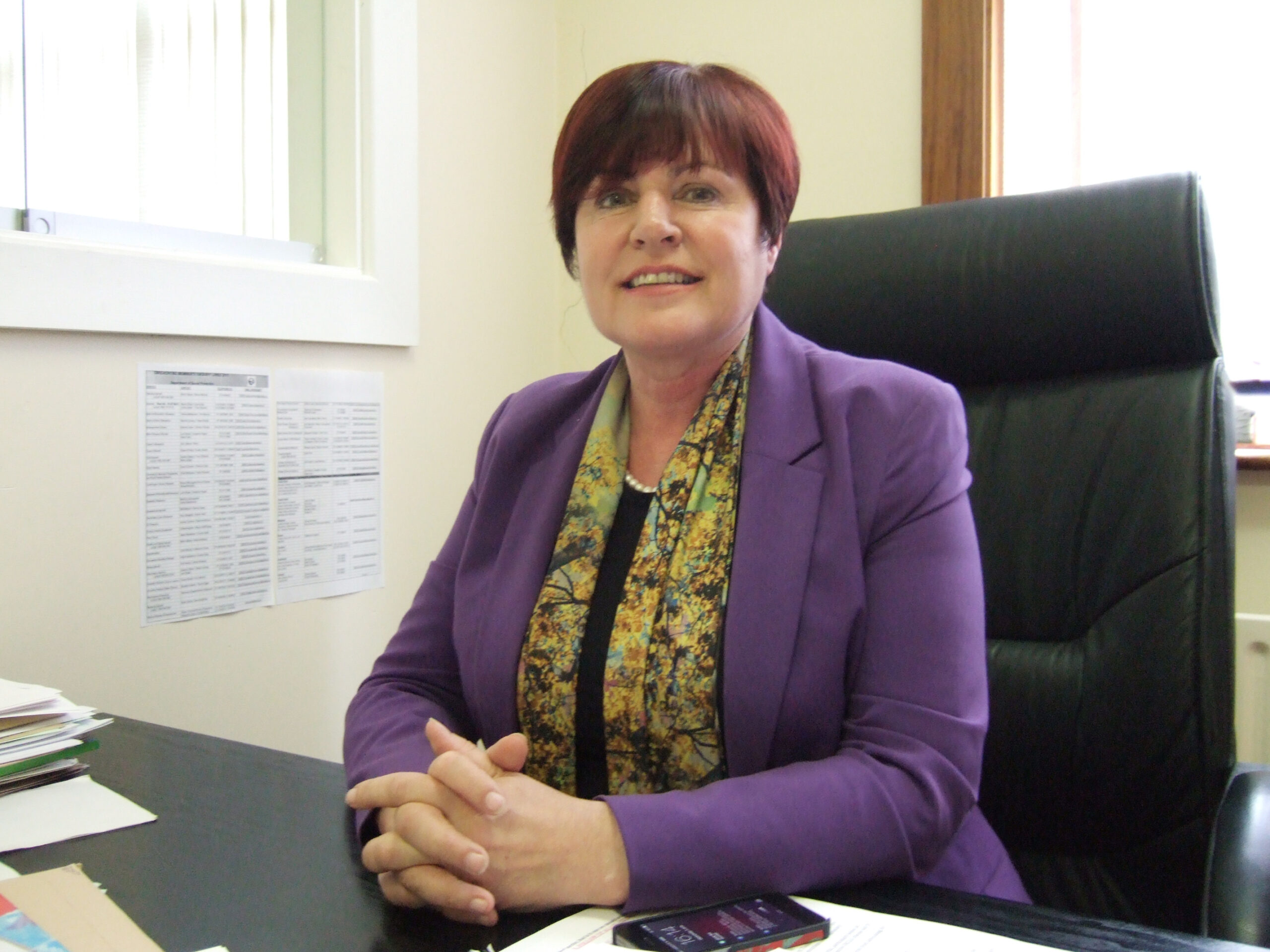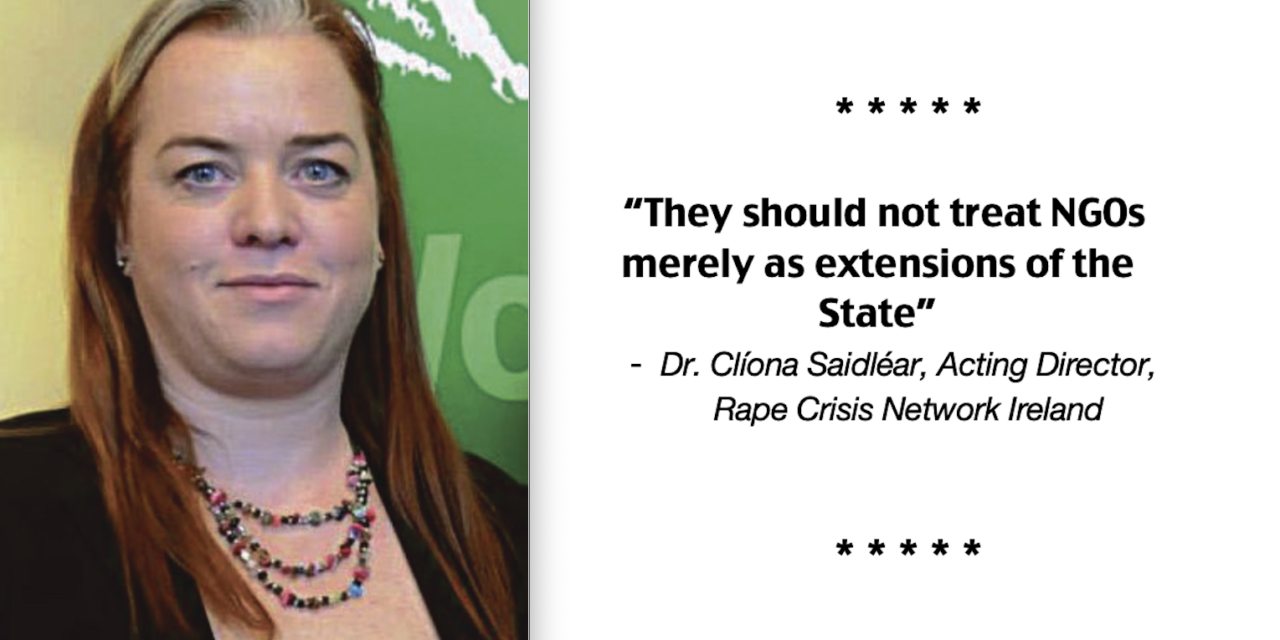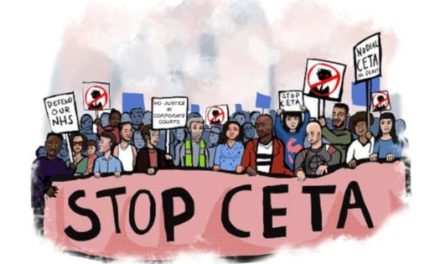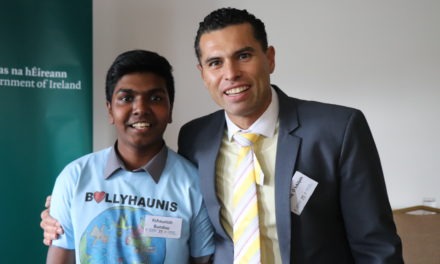The importance of independence and autonomy for third sector organisations is vital to their work. Yet, challenges are emerging in the State’s interaction with Non-Governmental Organisations (NGOs). For us, since the introduction of the new Child and Family Agency, Tusla, increasingly we are seeing amendments to contracts, with paragraphs added placing restrictions on our advocacy capacity.
By Dr. Clíona Saidléar, Acting Director, Rape Crisis Network Ireland
In Rape Crisis work, unfortunately, independence from the State is vital, particularly when as many as 65% of survivors of sexual violence who come to Rape Crisis Centres (RCCs) choose not to report to the Gardaí.
One particular contractual clause stands to silence Rape Crisis Centres from advocating for change. It reads:
“The Organisation must not use the grant for… campaigns whose primary purpose is to obtain changes in the law or related Government policies, or campaigns whose primary purpose is to persuade people to adopt a particular view on a question of law or public policy.
“This subsection is not intended to affect the Organisation’s right to utilise other sources of funding to raise awareness of issues or to run campaigns on issues of public policy directly related to the Organisation’s work or which is in conflict (as determined by the Agency) with the stated policy of the Agency.”
Our understanding is that such clauses are becoming largely standard in statutory contracts with the third sector, but is it one we should accept without protests?
Such clauses severely threaten the capacity to do the survivor advocacy and transformation work that is the core of the RCC mission.
Ultimately our capacity to bring an informed and specialist analysis to bear on government decision making in this much neglected area is being eroded.
In a society where 1-in-5 girls, and 1-in-6 boys experience sexual abuse and 80% of survivors do not seek professional support or report to the State, the independent voice of the Sector remains vital.
The lack of engagement of the majority of victims with government means that government simply cannot do this work on its own or in-house.
Any government acting in a legitimate manner on this question must seek to transform society towards prevention. That cannot happen if the independence, scope and range of the activities undertaken by the Sector is subsumed into the State.
They should not treat NGOs merely as extensions of the State whose service provisions are funded purely on the basis of ‘delivering the funder’s agenda’. For this risks emptying the Third Sector of the vital role of listening to the silenced, learning and translating and engaging and challenging policy and practice to create change.
FOLLOW-UP
’Changing Ireland’ took RCNI’s concerns to Minister of State Ann Phelan with whom we had an interview scheduled.

• Ann Phelan, Minister of State for Rural Development.
Minister Phelan called for anyone with concerns over advocacy, clauses in contracts or any other issues to meet with her:
“I’d be willing to sit down with them all, work with the Government Departments and see if we can alleviate their concerns,” she said.
Minister Phelan agreed the National Adult Literacy Agency could be asked to proof-read clauses to ensure they are written in plain English.
RCNI’S FUNDING CUT

More recently – since penning this article – the RCNI began to campaign nationally for a reversal of HSE cuts to its core-funding. Tusla which funded the RCNI until March 31st said:
“The 2015 budget has been directed towards front-line service… The decision to cease the funding to RCNI is dictated by the need to achieve the best use of limited available resources.”
Tusla said it has “developed a strategy for putting the domestic and sexual violence sector on a sustainable footing.”
39% of civil society groups engaged in advocacy work in 2013





